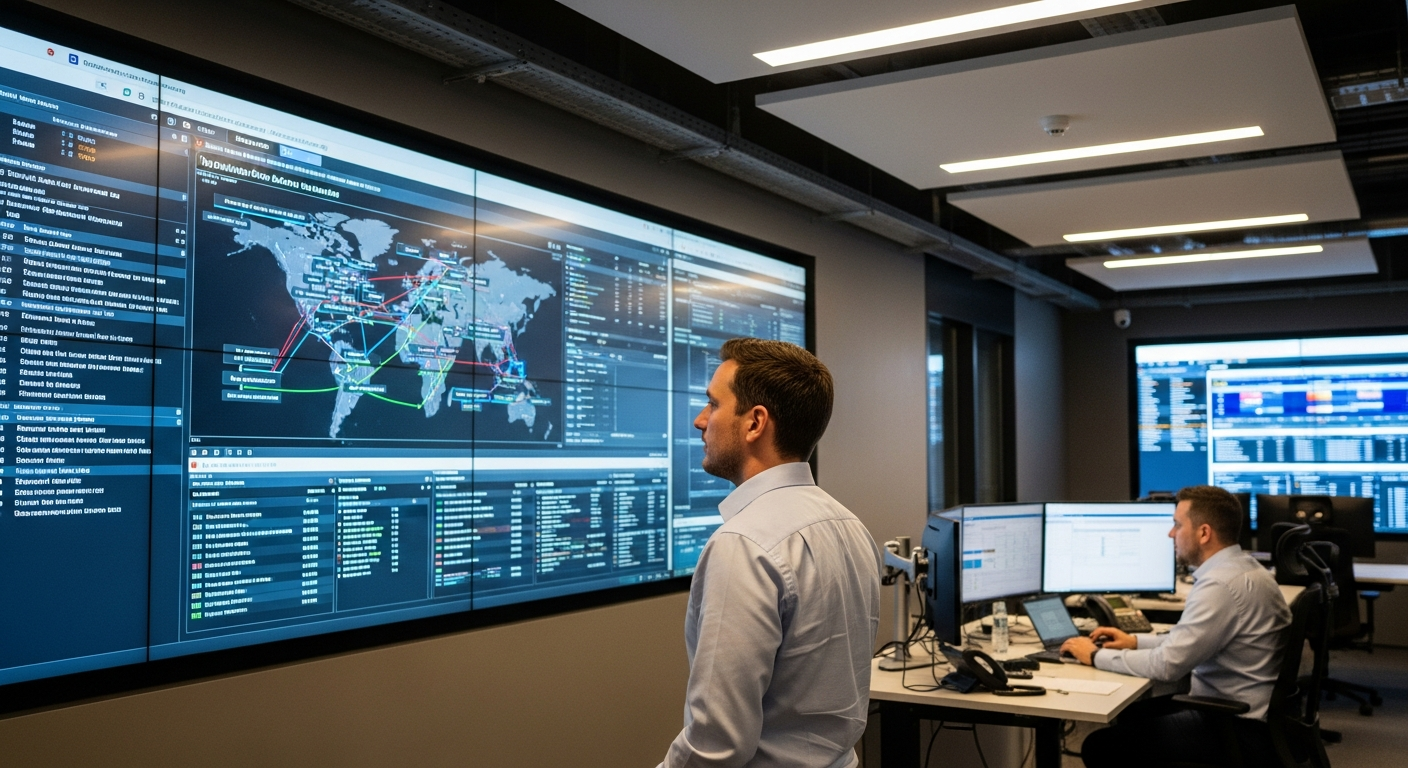Crafting a Future-Proof Career in the Age of Automation
The rapid advancement of automation technologies is reshaping industries and redefining the skills needed for long-term career success. As machines become increasingly capable of performing routine tasks, professionals across sectors are facing unprecedented challenges and opportunities. This article explores the strategies and mindsets necessary to build a resilient career path in an era where human-machine collaboration is becoming the norm.

The Automation Landscape: Understanding the Shift
The current wave of automation is characterized by sophisticated artificial intelligence, advanced robotics, and machine learning algorithms capable of performing complex tasks. Unlike previous industrial revolutions that primarily affected manual labor, today’s automation is impacting cognitive work, challenging professionals across various fields to redefine their value proposition.
Industries such as manufacturing, logistics, and customer service have seen significant automation integration, leading to job displacement but also creating new roles focused on managing and optimizing these systems. Meanwhile, sectors like healthcare and education are experiencing a hybrid approach, where automation augments human capabilities rather than replacing them entirely.
Identifying Automation-Resistant Skills
To thrive in an automated world, professionals must focus on developing skills that machines cannot easily replicate. These include:
-
Creative problem-solving: The ability to think critically and develop innovative solutions to complex challenges remains a uniquely human capability.
-
Emotional intelligence: Understanding and managing emotions, both one’s own and others’, is crucial in roles requiring interpersonal interaction and leadership.
-
Adaptability and continuous learning: As job requirements evolve, the willingness and ability to acquire new skills and knowledge become invaluable.
-
Strategic thinking: Long-term planning and the ability to see the big picture are skills that AI struggles to match.
-
Ethical decision-making: As automation raises new ethical questions, professionals who can navigate these complex issues will be in high demand.
Embracing Human-Machine Collaboration
Rather than viewing automation as a threat, forward-thinking professionals are learning to work alongside machines, leveraging their strengths while focusing on uniquely human contributions. This collaborative approach, often referred to as augmented intelligence, is proving to be more effective than either humans or machines working in isolation.
For example, in the medical field, AI-powered diagnostic tools are enhancing physicians’ ability to detect diseases early, while human doctors provide the empathy, contextual understanding, and complex decision-making crucial for patient care. Similarly, in creative industries, AI tools are automating routine tasks, allowing human creatives to focus on higher-level conceptual work and client relationships.
Upskilling and Reskilling: The New Career Constants
In the age of automation, the concept of a static skill set is becoming obsolete. Continuous learning and skill development are now essential for maintaining career relevance. This shift requires a proactive approach to education and training:
-
Identify emerging trends in your industry and acquire relevant skills preemptively.
-
Seek out cross-functional experiences to broaden your skill set and increase your versatility.
-
Develop a learning mindset, treating every challenge as an opportunity for growth.
-
Utilize online learning platforms, industry certifications, and micro-credentials to stay current.
-
Engage in projects or roles that expose you to new technologies and automation tools.
Cultivating a Growth Mindset for Career Resilience
Adapting to the age of automation requires more than just skill acquisition; it demands a fundamental shift in mindset. Professionals who thrive in this era typically exhibit:
-
Curiosity and openness to change: Viewing technological advancements as opportunities rather than threats.
-
Resilience in the face of uncertainty: Developing the mental toughness to navigate career transitions and setbacks.
-
Entrepreneurial thinking: Taking initiative to create value and identify new opportunities within changing landscapes.
-
Collaborative spirit: Recognizing the power of diverse teams and cross-disciplinary approaches in solving complex problems.
-
Long-term perspective: Understanding that career development is a marathon, not a sprint, in the age of rapid technological change.
Navigating Career Transitions in Automated Industries
For professionals in heavily automated industries, career transitions may become necessary. Successful navigation of these changes involves:
-
Conducting a skills audit to identify transferable competencies.
-
Researching growth sectors and roles where human skills are in high demand.
-
Networking across industries to gain insights and opportunities.
-
Considering entrepreneurship or freelancing as alternatives to traditional employment.
-
Embracing interim or project-based roles as stepping stones to new career paths.
By approaching automation as an opportunity for growth and innovation, professionals can position themselves for success in the evolving job market. The key lies in developing a diverse skill set, embracing lifelong learning, and cultivating the adaptability to thrive amidst technological change. As we move further into the age of automation, those who can effectively collaborate with machines while leveraging uniquely human capabilities will find themselves at the forefront of their fields, crafting resilient and fulfilling career paths.






